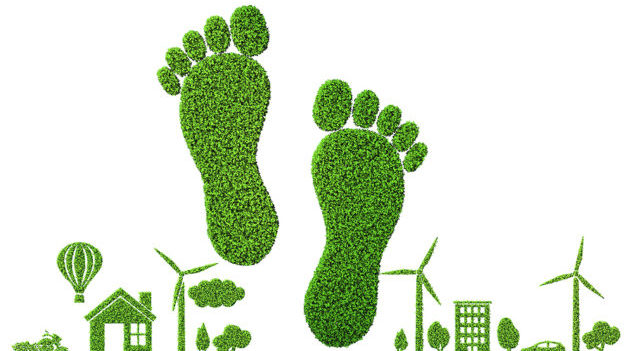As a small business, worrying about your carbon output can seem like just one more concern to add to an ever-growing list. However, it’s worth remembering that offsetting your business’s carbon ‘footprint’ might actually do more than save the planet: it could improve your bottom line.
Sustainability is broader than simply being eco-friendly, it’s also about building a sustainable, long-term business model that can survive everything the future has to hold.
Carbon reduction
The reduction of carbon emissions generally means making short term investments that will provide long-term gains. These could include insulation, taking energy and water efficiency measures, and choosing local supply chains wherever possible.
These short term investments have long term benefits, helping to improve the company’s bottom line. For example, by choosing local suppliers where possible, businesses are making themselves more resilient to global shocks, such as the COVID-19 pandemic.
With local supply chains in place, businesses are far more likely to be able to act quickly and consistent delivery times for customers, which is especially important in our digital-first age of e-commerce and online ordering.
Reuse and recycling
Reuse and recycling of materials, office equipment, and stock are important short term investments that every business, large or small, should make.
Why? Well, relying on offshore processing of recycling can often fall short, as those countries either increase in price or stop working with you for political or economic reasons. Australia, for example, faced this challenge recently after it was forced to stop shipping its plastics and other recyclable waste overseas following a refusal from other countries to accept its waste.
Small businesses should start considering a product’s end-of-life as part of their product lifecycle. Integrating that process into your business from the very beginning will mean materials can be reused better and smarter. This is particularly important for any expensive materials your business might work with, and the circular economy is a growing movement allowing for efficient trade of secondhand goods.
Buying carbon offsets
Offsets are the final piece of the puzzle required for a business to reach net-negative emissions. Purchasing carbon offsets is just one part of a bigger picture, and should only be considered after a business has reduced its overall carbon output, and built reusing/recycling into its product lifecycle.
By purchasing offsets – or by facilitating customers to be able to buy offsets through a platform such as Future Neutral – you’re showing your customers, shareholders and suppliers that you want climate action and are doing more than lip service.
Customers are wanting and driving change, and are increasingly choosing to shop from businesses that are good for the planet. A Nielson survey from 2019 found 81 per cent of global respondents feel strongly that companies should help improve the environment. A Futerra study from 2018 found that 88 per cent of consumers want brands to help them live sustainably.
There’s one more factor for small businesses hoping to grow large in the future: investors are already shifting to companies that are making sustainability a core component of their business.
According to Blackrock, which manages over US$6.5 trillion investments, “Investment risks presented by climate change are set to accelerate a significant reallocation of capital. We believe that sustainability should be our new standard for investing.”
Every small business should keep this in mind, especially if they’re hoping to grow bigger in the future. In short, we’ll all be paying the climate bill that is getting bigger the longer we fail to take decisive action – taking a proactive stance on climate change is more than a humane imperative, it’s just good business.
Oliver Ranck, Co-founder, Future Neutral










